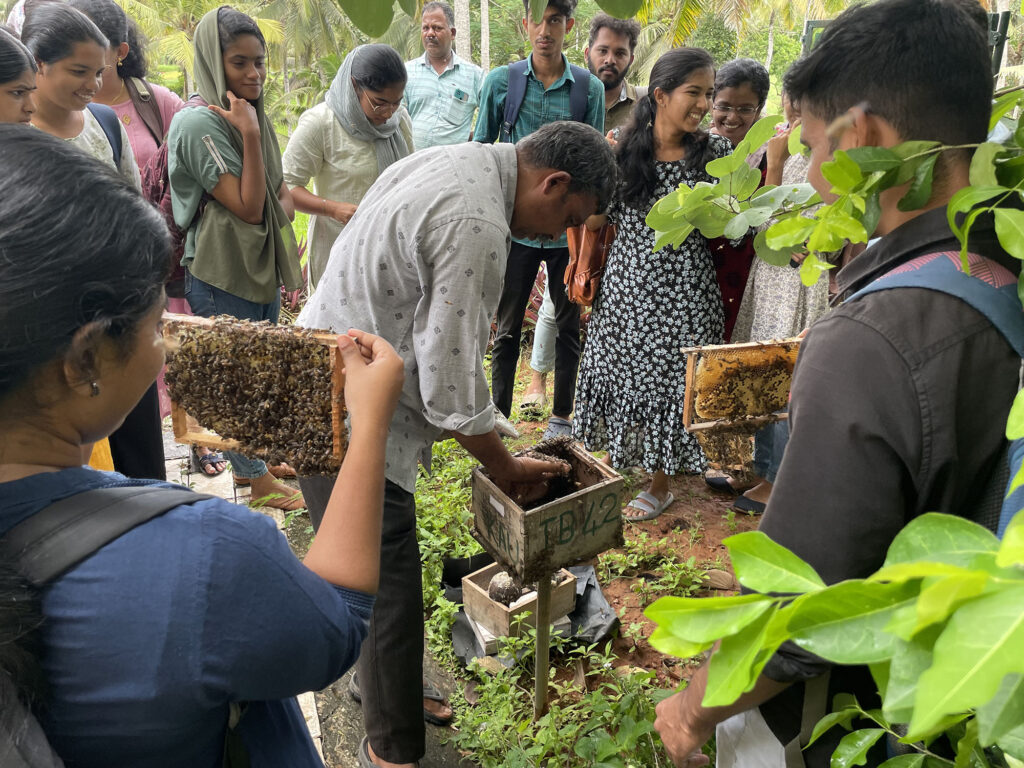SIANI forms partnerships with expert groups that drive forward-looking projects related to sustainable, rights-based and inclusive food systems. These multisector groups are active in low- and middle-income contexts and contribute important knowledge to the SIANI network.
The groups are selected after an open Call for Proposals and are active for approximately 15 months. During this time, the groups carry out activities on a topic they have identified as especially important to their context. They continuously receive support from SIANI and share their experiences with the SIANI network. Here are a few frequently asked questions about the SIANI expert groups. You can also learn more about specific groups in Expert Group section of the website.
